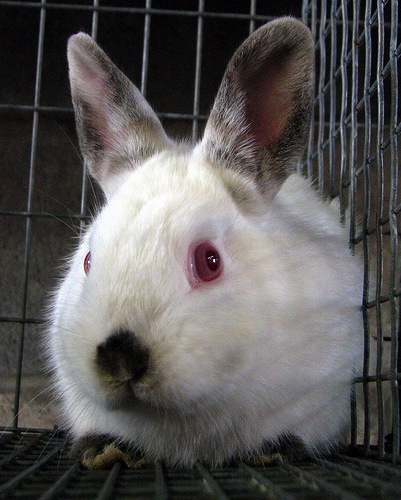How would you react if someone called you an “allowing” parent? Would you think it meant that they were saying you are too permissive? That your child is spoiled? That you’re not a good disciplinarian?
Actually, “allowing” is a good thing! It’s an Eastern concept about reaching the state of just “being.” To reach that place in a relationship, you have to let go, relax, and permit someone to be who they are. An allowing parent, for instance, lets their child become what they choose for themselves, without any implied condition that their choice should please the parent.
 “Allowing” doesn’t mean giving our children everything they request or letting them do anything they like. “Allowing” doesn’t mean letting a teenager avoid mowing the lawn, for instance, because he wants to practice his golf swing. “Allowing” does mean supporting that teen’s efforts to try out for the high school golf team, even if you’d rather he played football, or helping him to find a great instructor. Allowing means letting your child be who they are as an individual, even if you do not completely agree with them.
“Allowing” doesn’t mean giving our children everything they request or letting them do anything they like. “Allowing” doesn’t mean letting a teenager avoid mowing the lawn, for instance, because he wants to practice his golf swing. “Allowing” does mean supporting that teen’s efforts to try out for the high school golf team, even if you’d rather he played football, or helping him to find a great instructor. Allowing means letting your child be who they are as an individual, even if you do not completely agree with them.
One mother in my pediatric practice asked me to tell her 4-year-old daughter that finger painting can “make her sick.” When I looked at her quizzically she explained: “You know… the finger paint gets under her nails and she always puts her hand in her mouth. That has to be bad for her, right doctor?” I reassured her that most finger paints were made from vegetable dyes and non-toxic, then I told her daughter Holly that it was still a good idea to wash her hands when she was done having fun creating her art work. Turns out that wasn’t the issue though. The real reason Holly’s mom didn’t want her to finger paint was that she was compulsively neat and finger painting was messy. We talked it through and I got her to see that, because of her own preferences, none of which had to do with “important” concerns like safety or Holly’s well-being, she was not allowing Holly to express her creativity.
I myself learned a valuable lesson about “allowing” when my youngest child wanted to join our town’s Rabbit Club. I could see the pitfalls already and did my best to dissuade her, anticipating that I’d be the one taking care of furry little “Lucy.” I gave her that heart-to-heart talk all parents do, about taking care of pets and responsibility. Then, in the end, I relented. To my surprise, she rose to the occasion and was a pretty good pet owner and her rabbit even won a blue ribbon at the state fair! Interestingly, she decided one blue ribbon was enough… and when Lucy escaped from her cage and ran off one day, she was sad, but didn’t ask for another. By allowing her to try, I gave her the opportunity to learn a valuable lesson about what she liked and didn’t like and to exercise responsibility that I had not given her credit for.
Each child needs to discover their own inner heart’s desire and no one can inform them of what it is… only they know and can discover it. Will Holly become a painter or a designer? Too soon to tell. But “allowing” fosters discovery.
Be yourself as a parent and permit your child to be themselves. Embrace your individuality and your child’s. Allow.

 Dr. Michael Howard
Dr. Michael Howard